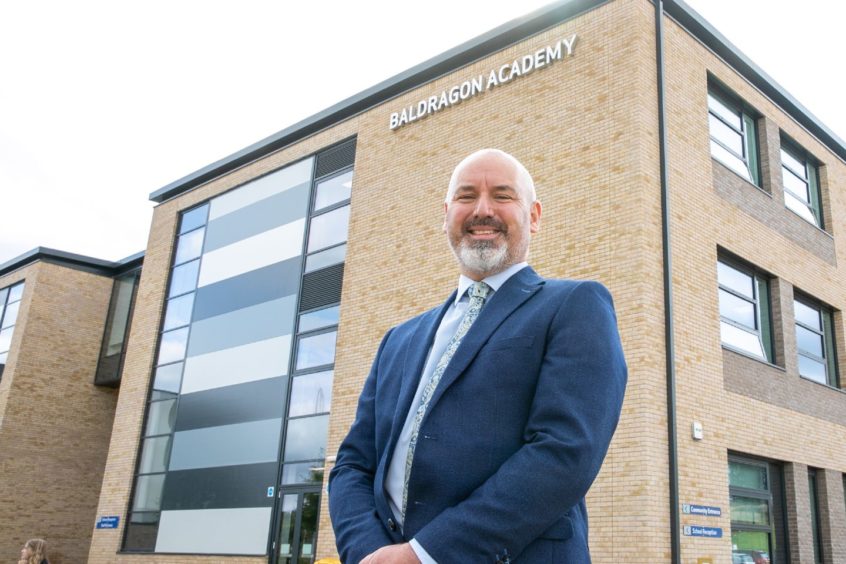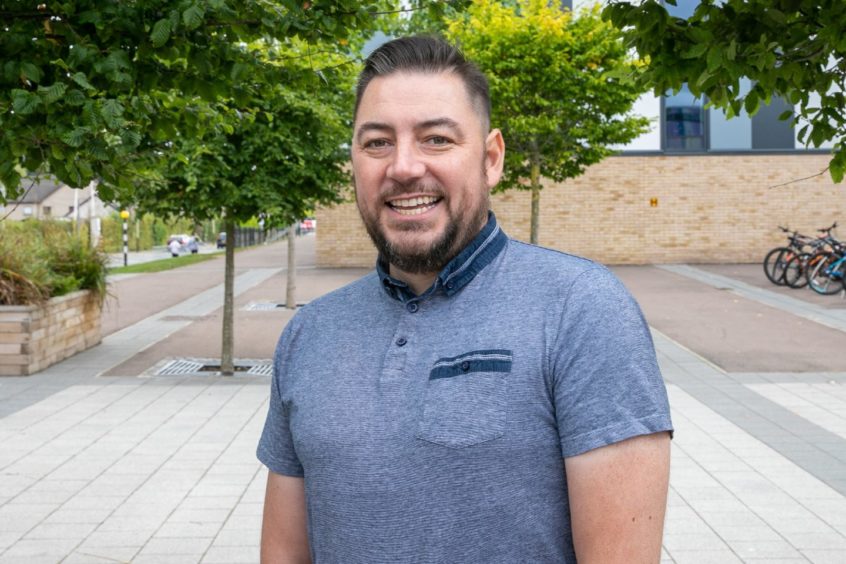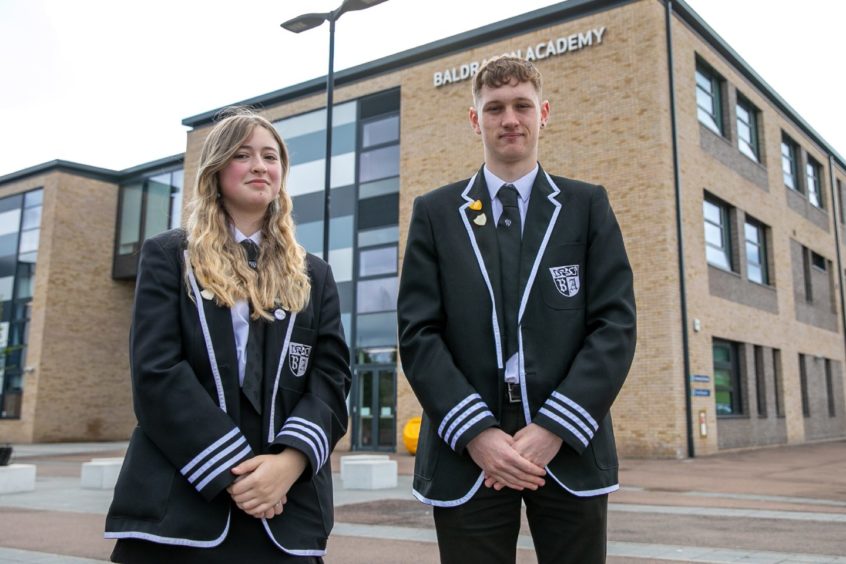Baldragon Academy pupils hope to lead the way in a new initiative aimed at helping tackle Dundee’s drugs crisis.
The Kirkton school is set to be one of the first in Scotland involved in the Planet Youth model, a community-based approach aiming to deter young people’s substance use.
The model was first developed in Iceland over 20 years ago and has since been adapted in more than 30 countries around the world.
It’s now to be introduced in Scotland for the first time and the Dundee pupils are at the forefront of the roll-out.
What is Planet Youth?
Also known as the Youth in Iceland Model, the approach aims to strengthen links between schools and communities, as well as encourage parents to spend quality time with their children.
A key component is information about young people’s health and wellbeing, including substance use, which is gathered through anonymous surveys distributed in schools.
Data from the survey is then analysed to find out what the pupils feel is needed, or perhaps missing, in the local community – such as sports or theatre clubs.
At Baldragon, it is planned that pupils in S3 and S4 will take part in the survey.
Headteacher Hugh McAninch said: “The opportunity is to survey our young people around their lifestyle and wellbeing to find out what their needs are in terms of improving outcomes.
“We are asking young people to tell us about their experiences and then from that work with them to put the necessary things in place that will make a difference.
“We will sit with the partners involved and our young people to talk about what the information is telling us and what we need to be thinking about.”
Plans for Scotland-wide roll out
In addition to Dundee, a number of other local authorities across Scotland are taking part in the initiative and it’s hoped this will lead to a widespread rollout of the project.
This is being aided by the charity Winning Scotland Foundation, which aims to build confidence and resilience in all of Scotland’s young people.
Grant Small, impact and delivery manager at the charity, said: “We see this as a great opportunity to engage with schools, communities and parents.
“The survey asks quite in-depth questions about their lives, their activities after school, their alcohol intake, potential drug use.”
“If we know what the young people want in the local area, we can then work with the local partners to see how we can put that in place.”
Grant pointed to the success of the model in its origin country of Iceland, which has seen a significant decrease in the use of drugs and alcohol amongst its adolescent population.
But he also stressed that the Scotland approach would not be a “cut and paste job”, but rather it will be adapted to suit local needs.
He said: “The success of that over the 20 year period has been phenomenal, and they have seen massive reductions in alcohol and drug use amongst young people.
“But it’s important that we don’t just take a project that has worked in Iceland and put it in Scotland.
“We need to contextualise it for Scottish communities, so taking what we think might fit and then helping young people.”
What do the pupils think?
S6 pupils Ashley Henderson and Aiden Miller praised the model as an opportunity to “bring change” to young people’s lives.
Ashley said: “I think it could be really important because it gives people the opportunity to have a say in the community around them.”
“We’ve been chosen to kickstart it and hopefully we can help be the people to bring change to other people’s lives.”
“It’s important for (pupils) to have input because ultimately, it’s them which it will affect.”
Aiden added: “The benefits would be the health and wellbeing of young people will improve, as will the community around them. That’s a good thing.
“Iceland did well at the Euros (a few years back), so you could see how it can help the country. So hopefully it works well in Scotland, we will get through to the semi-finals as well!”


